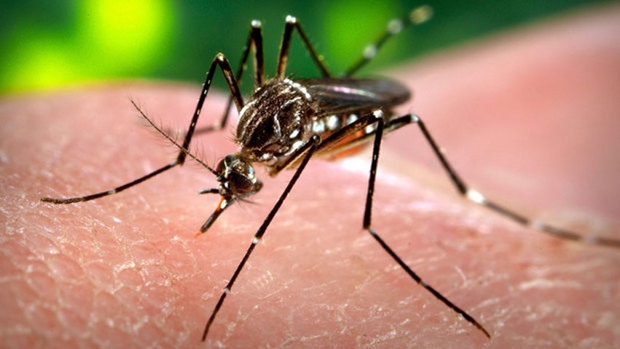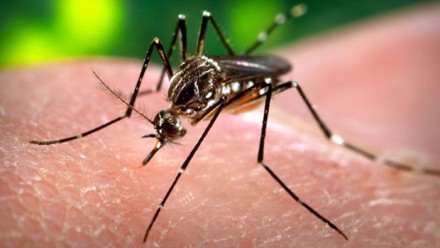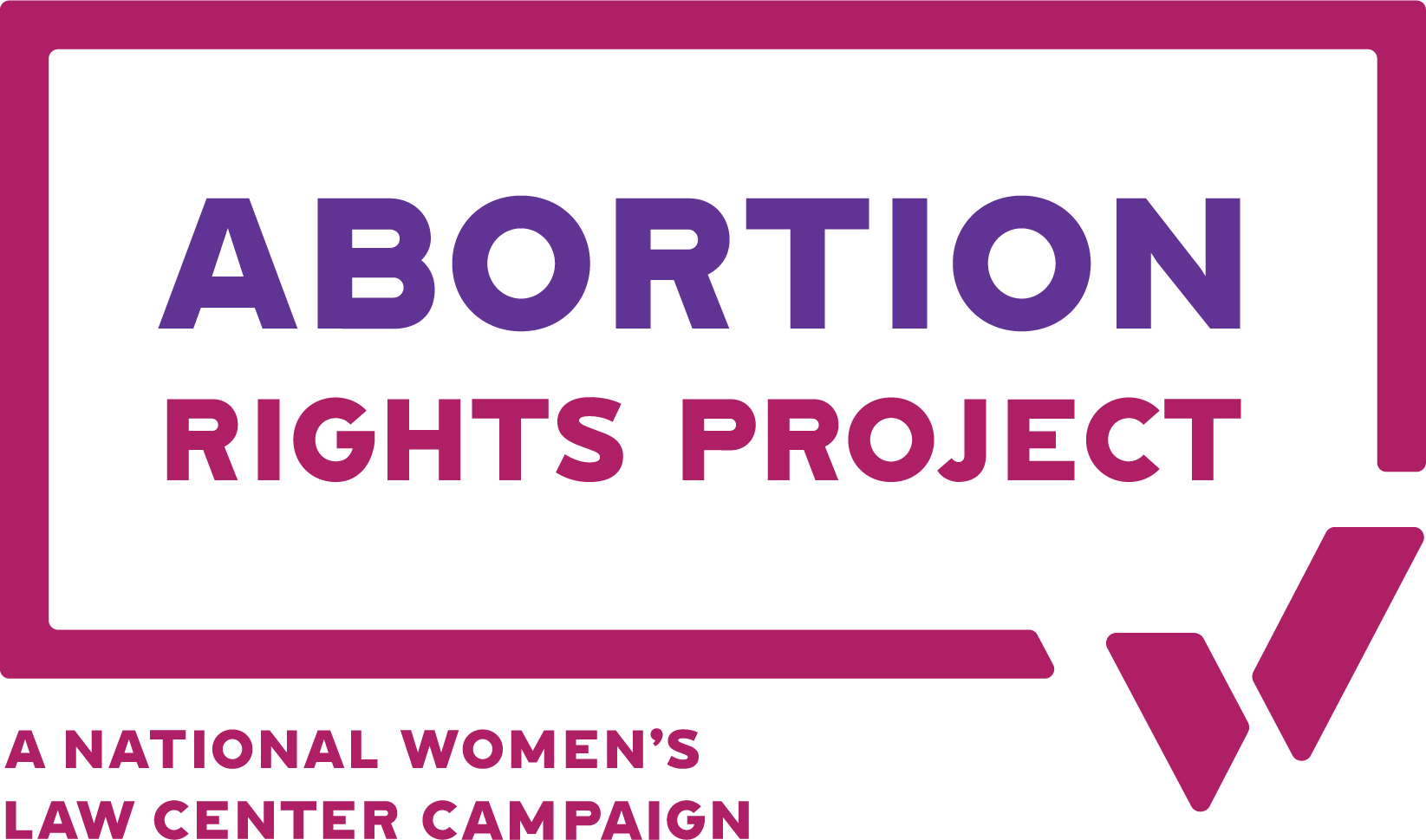As a second Trump administration approaches, we’re running out of time to confirm as many federal judges as possible to provide a check on his presidential power and curb his stated policy priorities.
Zika Virus, Public Health, and Women’s Reproductive Options

One of the strengths of public health epidemiology is that we don’t have to wait until the experts know exactly how a virus infects people to know how to prevent infection or disease. With very basic information, public health officials can develop strategies for controlling outbreaks and lessening the impact of a disease on large numbers of people.
But what happens when the interest of public health and the prevention of disease are hampered by disparities in health care access and efforts to undermine access to comprehensive reproductive health care?
 Zika virus is everywhere in the news lately. Zika is transmitted by mosquitoes and produces flu-like symptoms that last for a few days. For most people with healthy immune systems Zika virus is no worse than a common cold. But for pregnant women, infection with Zika virus might cause harmful health problems for the children born after the woman was infected. A higher than usual number of babies have been born recently in Brazil with microcephaly, a health condition characterized by an abnormally small head size caused by limited brain growth that can lead to issues like seizures, hearing and vision problems, and developmental delays, which can be severe in some cases.
Zika virus is everywhere in the news lately. Zika is transmitted by mosquitoes and produces flu-like symptoms that last for a few days. For most people with healthy immune systems Zika virus is no worse than a common cold. But for pregnant women, infection with Zika virus might cause harmful health problems for the children born after the woman was infected. A higher than usual number of babies have been born recently in Brazil with microcephaly, a health condition characterized by an abnormally small head size caused by limited brain growth that can lead to issues like seizures, hearing and vision problems, and developmental delays, which can be severe in some cases.
As scientists gain a better understanding of how Zika affects pregnant women and their developing pregnancies, the World Health Organization (WHO) has already declared Zika a “global public health emergency”, the Centers for Disease Control (CDC) has issued travel warnings to countries affected by Zika, and one of the recommendations Latin American public health officials are already making is for women to “avoid or delay pregnancy” until 2018.
But how does someone “avoid or delay pregnancy” without comprehensive reproductive health care?
The problem is that all but three countries in Central and South America have severe restrictions on reproductive health care, including criminal bans on abortion, and a high unmet need for family planning services. On top of that, the women who’ve given birth to babies with complications possibly related to Zika have received little help in caring for their special-needs infants. Latin American women are in a tough bind. They can’t access the services they need to prevent or terminate a pregnancy. And if they choose to – or are forced to – carry a pregnancy to term, they aren’t supported as they raise their families—including support for children who face severe developmental issues believed to be related to the Zika virus.
What does this mean for women in the U.S. as Zika virus spreads?
It is anticipated that the Zika virus could affect 4 million people as it spreads across the Americas. The U.S. already has about a dozen confirmed cases of Zika and public health officials have started to make recommendations on Zika in the U.S. As they move forward, recommendations may include prevention measures related to family planning. This week the United Nations (UN) urged countries to address barriers and restrictions to comprehensive family planning services — which include access to birth control and emergency contraception, safe abortion care, and maternal health care — stating that “Upholding human rights is essential to an effective public health response and this requires that governments ensure women, men and adolescents have access to comprehensive and affordable quality sexual and reproductive health services and information, without discrimination.”
U.S. women who wish to delay pregnancy because of concerns about Zika virus face barriers in accessing effective family planning services that make this possible. Failure to expand Medicaid in many states, particularly in the South, already impedes access to birth control for millions of women and declining funding for family planning services in some states has severely limited services for the millions of people who are still uninsured. For women who are pregnant and contract Zika, the unprecedented number of abortion restrictions enacted across the U.S. could seriously limit their options for accessing care they may decide is best for them and their families. For those who want to continue their pregnancy, disparities in health insurance coverage, especially in states that have failed to expand Medicaid, will limit the support they have to safely do so and to care for infants born with developmental issues.
This is not the first time restrictions on comprehensive reproductive health care have placed women in a “Catch-22″ when it comes to pregnancy in the face of an outbreak.
In the mid-1960s, the U.S. faced an outbreak of congenital rubella syndrome (CRS), caused by infection with rubella during pregnancy, that from 1964 to 1965 resulted in 2,000 newborn deaths and 20,000 babies born with complications like microcephaly, blindness, and heart problems. At the time of this outbreak, the Supreme Court hadn’t yet affirmed the constitutional right to birth control and abortion in the landmark cases Griswold v. Connecticut, Eisenstadt v. Baird, and Roe v. Wade. Until a vaccine for rubella was developed in 1969, women who wanted to delay pregnancy because of the dangers of CRS or who became pregnant and contracted rubella weren’t able to make their own health decisions to protect themselves, their families, and their communities because they were limited by restrictions on birth control and abortion.
The bottom line is that public health experts know the preventive measures — like birth control, abortion, and maternal care — that could limit the complications believed to be related to the Zika virus even before a vaccine or treatment is developed. Unfortunately, restrictions in Latin America and the U.S. that undermine access to comprehensive reproductive care impede women’s ability to protect themselves. Women know best how to protect themselves, their families, and communities. Hopefully Zika will serve as a wake-up call to policy makers to get out of their way, while providing the support women need to do so.




